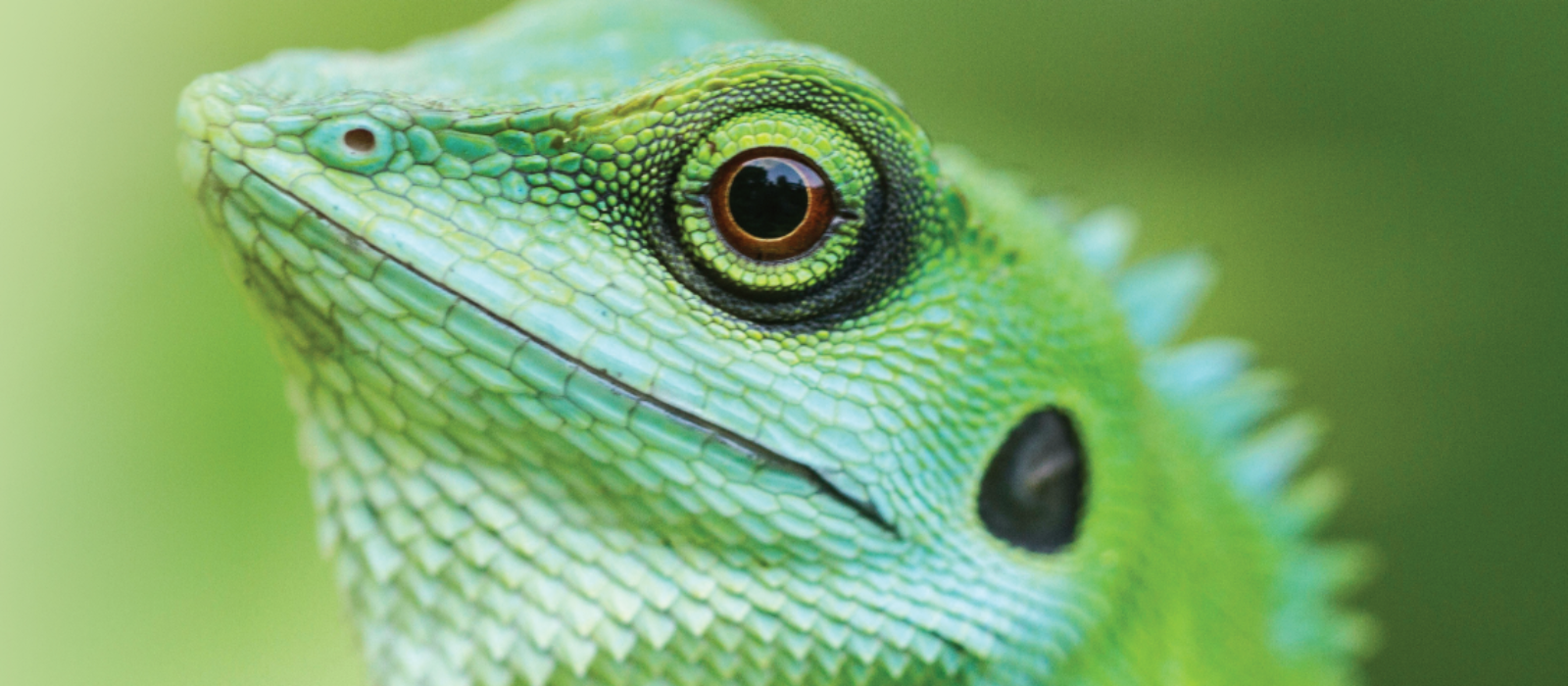Pet reptiles can be fascinating and unique companions, but they require special care and attention to thrive in a home environment. Whether you have a snake, lizard, or turtle, it's important to understand the specific needs of your reptile to ensure their health and well-being. In this article, we will explore some essential aspects of caring for pet reptiles.
Providing the Right Habitat:
Different reptiles have different habitat requirements, consider factors such as temperature, humidity, lighting, and substrate. Some reptiles require proper UVB lighting to help them produce vitamin D3, which is essential for calcium absorption.
Maintaining the Ideal Temperature and Humidity:
Provide a range of temperatures to allow your reptile to move between warmer and cooler areas as needed to regulate its temperature. Humidity is also a vital factor to consider, as it helps with shedding and overall hydration. Research the optimal humidity level for your specific reptile species, and use a hygrometer to monitor and adjust humidity levels as necessary.
Nutrition and Feeding:
Different reptiles have different nutritional needs. Some reptiles are carnivorous, some are herbivorous, and others are omnivorous. Offer a varied diet that includes commercially available reptile food, fresh fruits and vegetables, and appropriate live prey or insects. It's important to provide supplements such as calcium and vitamin D3 to ensure proper nutrition.
Regular Health Checkups:
Just like any other pet, reptiles need regular health checkups with a reptile-savvy veterinarian. Find a veterinarian who has experience with reptiles!
